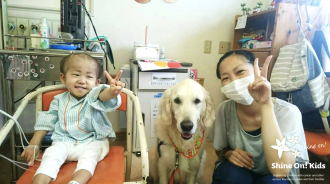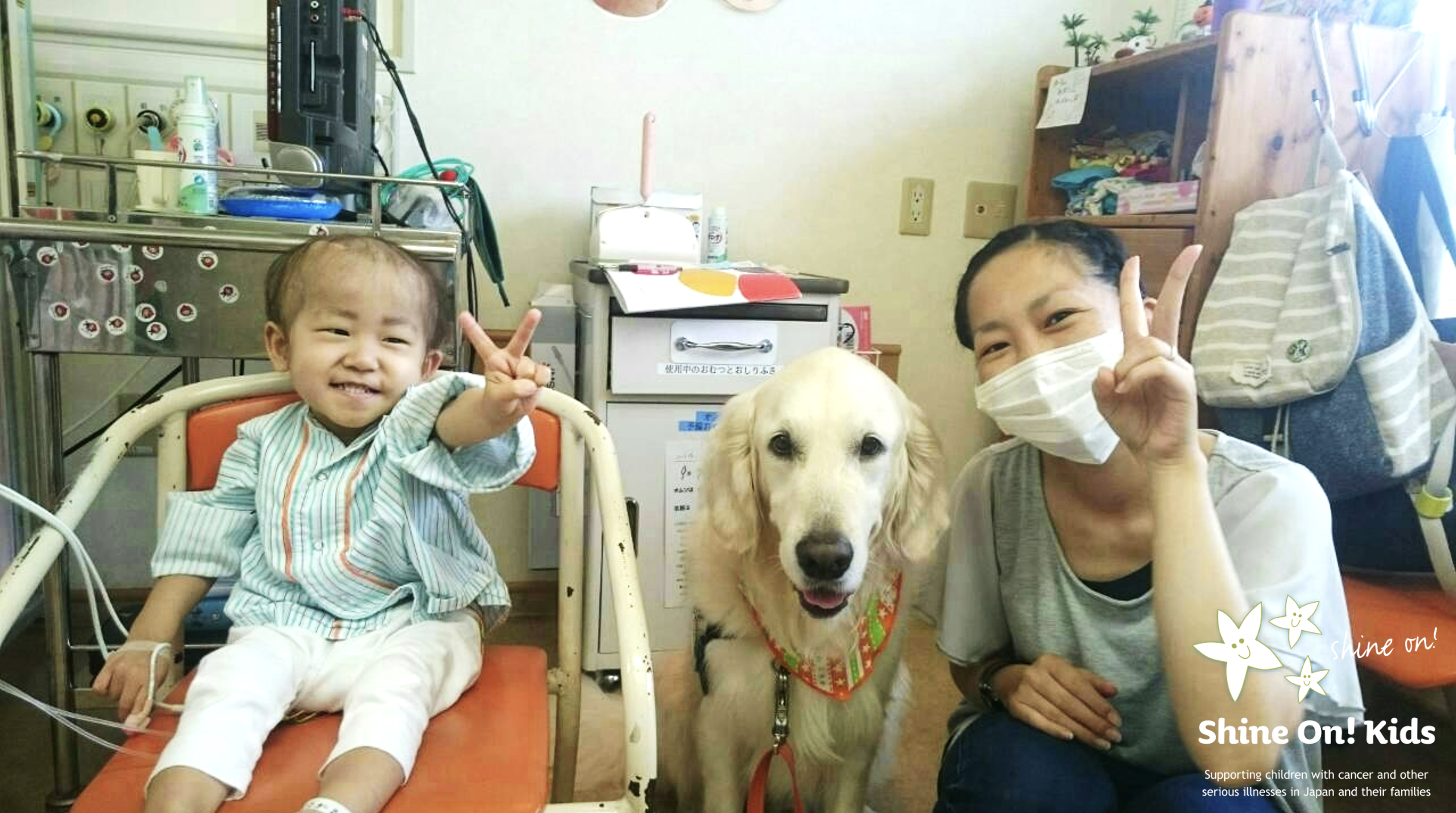News release
From:
Facility dogs in children’s hospitals benefit both patients and staff
Researchers surveyed medical staff at a large Japanese children’s hospital about their experiences with full-time hospital facility dogs
Full-time hospital facillity dogs can provide valuable support during terminal illness and help gain patients’ cooperation, according to a new study that surveyed the medical staff at a large, public children’s hospital about their experiences working with these animals. The study, by Natsuko Murata-Kobayashi of Shine On! Kids, Japan, and colleagues, will be published on May 31, 2023, in the open-access journal PLOS ONE.
Hospital facility dogs (HFDs) are professionally-trained dogs that differ from volunteer therapy dogs in their training and work capacity; they are typically cared for by medical professionals and go to work each day. In Japan, the first HFD team started working in 2010 at Shizuoka Children’s Hospital in collaboration with the non-profit organization Shine On! Kids.
In 2019, researchers distributed a 20-question survey to all 626 full-time medical staff at Shizuoka Children’s Hospital, inquiring about their experiences with HFDs. Of the staff, 431 responded, and 270 of them had directly observed HFD activities.
The most profound impacts of HFDs were observed in terminal care and patient cooperation, with 73% of respondents reporting that HFDs were “very often” or “always” beneficial in providing palliative care during the terminal phase. The same percentage reported that HFDs “very often” or “always” helped them gain the cooperation of a patient. A majority of respondents also said that HFDs improved their workload and helped children who had difficulty with schedule changes. They further observed that children became more expressive and communicative following HFD interventions.
The authors conclude that a full-time model with HFDs and nurse handlers offers several benefits for supporting patients in children’s hospitals. However, they note that more work is needed to study and optimize the effectiveness of specific HFD interventions.
The authors add: “The authors noted the significance of the finding that ‘terminal palliative care’ provided by facility dogs working in Japanese children’s hospitals is highly valued by the medical staff. Through accumulating evidence from research, we aim to contribute to the broader adoption of facility dogs in children’s hospitals both domestically and internationally.”
Multimedia





 International
International



